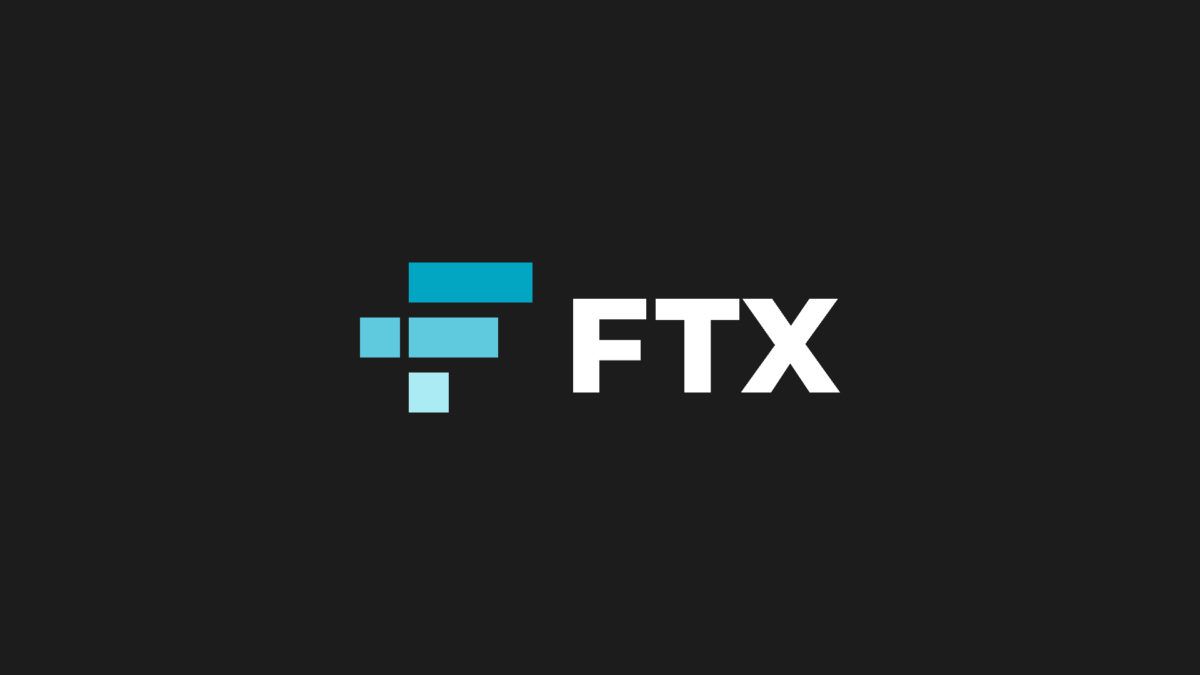FTX Creditors Stunned by Minimal Payouts as Bankruptcy Plan Unfolds
29.09.2024 9:00 1 min. read Alexander Stefanov
According to recently updated bankruptcy documents shared by FTX creditor Sunil Kavuri, those owed money from FTX can expect to recover only 10-25% of their cryptocurrency.
The reimbursements will be based on prices from the petition date, when crypto values were significantly lower. For example, at that time, Bitcoin was valued at around $16,000.
This decision has sparked frustration among many FTX creditors, who are unhappy with being repaid using these older prices. Kavuri highlighted that many creditors are still suffering emotionally from the collapse, as their assets have yet to be returned. Others have voiced similar concerns, criticizing the plan as unfair and deceptive, with some calling it a “second scam.”
Kavuri also argued that Sam Bankman-Fried violated FTX’s terms of service by misusing customer funds to settle debts and buy assets, such as Robinhood shares. Earlier this month, the FTX estate reached an agreement to reclaim $600 million worth of these shares from Bankman-Fried’s company, Emergent Technologies, in an effort to repay creditors.
The reorganization plan is also facing opposition from other parties. A U.S. bankruptcy trustee raised concerns in August, stating that the plan offers excessive legal protection to those managing FTX’s bankruptcy process. The SEC has also indicated potential objections, particularly if FTX decides to repay creditors using stablecoins.
-
1
Weekly Recap: Key Shifts and Milestones Across the Crypto Ecosystem
06.07.2025 17:00 4 min. read -
2
Trump Imposes 50% Tariff on Brazil: Political Tensions and Censorship at the Center
10.07.2025 7:00 2 min. read -
3
Key Crypto Events to Watch in the Next Months
20.07.2025 22:00 2 min. read -
4
USA Imposes Tariffs on Multiple Countries: How the Crypto Market Could React
08.07.2025 8:30 2 min. read -
5
UAE Regulators Dismiss Toncoin Residency Rumors
07.07.2025 11:12 2 min. read
Two Upcoming Decisions Could Shake Crypto Markets This Week
The final days of July could bring critical developments that reshape investor sentiment and influence the next leg of the crypto market’s trend.
Winklevoss Slams JPMorgan for Blocking Gemini’s Banking Access
Tyler Winklevoss, co-founder of crypto exchange Gemini, has accused JPMorgan of retaliating against the platform by freezing its effort to restore banking services.
Robert Kiyosaki Warns: ETFs Aren’t The Real Thing
Renowned author and financial educator Robert Kiyosaki has issued a word of caution to everyday investors relying too heavily on exchange-traded funds (ETFs).
Bitwise CIO: The Four-Year Crypto Cycle is Breaking Down
The classic four-year crypto market cycle—long driven by Bitcoin halvings and boom-bust investor behavior—is losing relevance, according to Bitwise CIO Matt Hougan.
-
1
Weekly Recap: Key Shifts and Milestones Across the Crypto Ecosystem
06.07.2025 17:00 4 min. read -
2
Trump Imposes 50% Tariff on Brazil: Political Tensions and Censorship at the Center
10.07.2025 7:00 2 min. read -
3
Key Crypto Events to Watch in the Next Months
20.07.2025 22:00 2 min. read -
4
USA Imposes Tariffs on Multiple Countries: How the Crypto Market Could React
08.07.2025 8:30 2 min. read -
5
UAE Regulators Dismiss Toncoin Residency Rumors
07.07.2025 11:12 2 min. read


